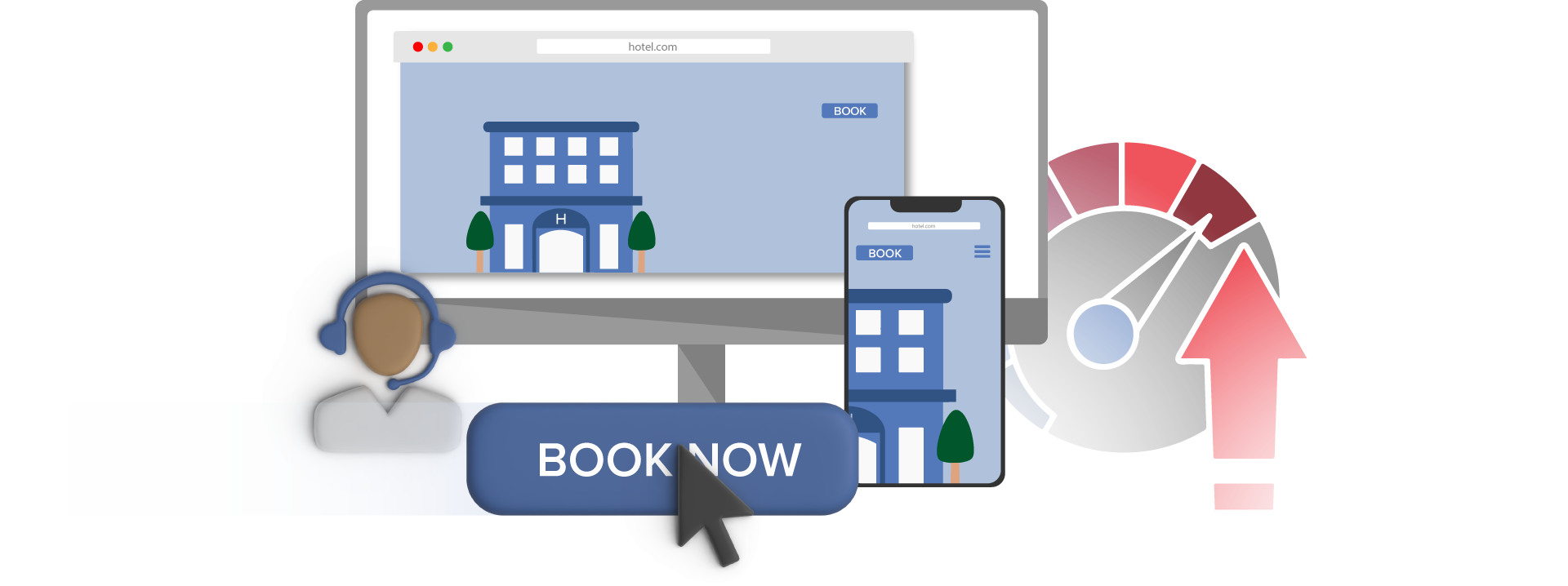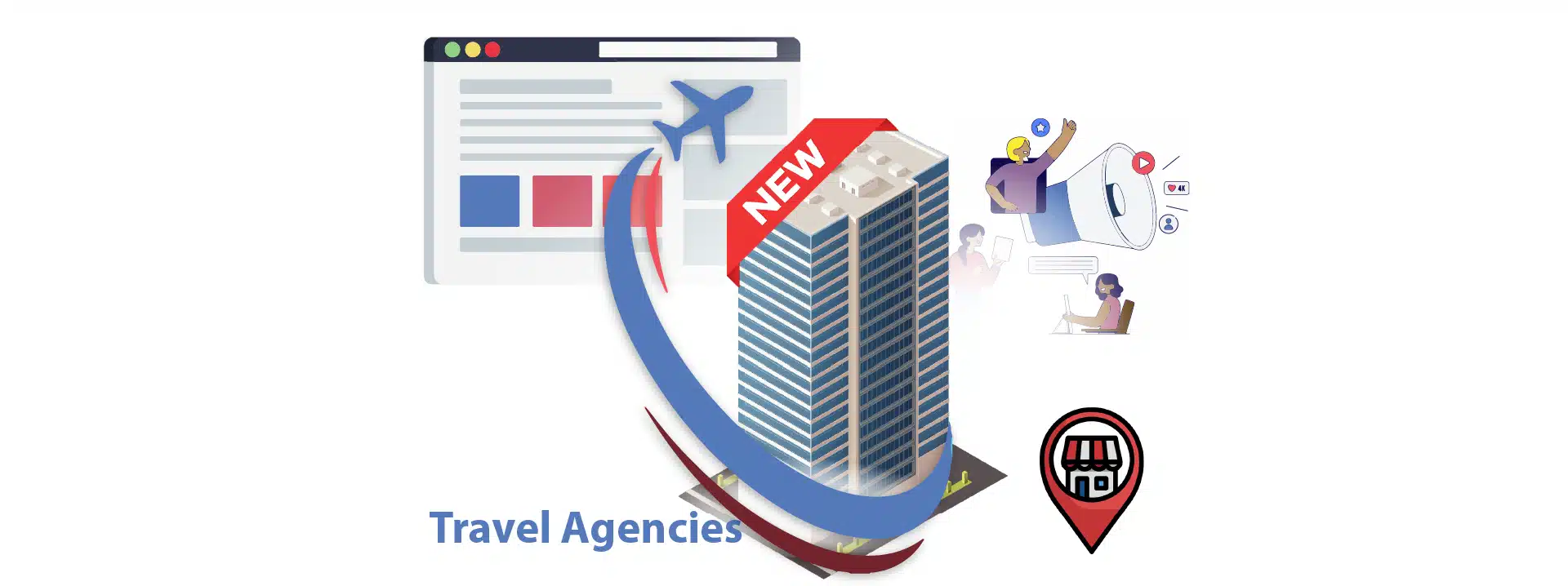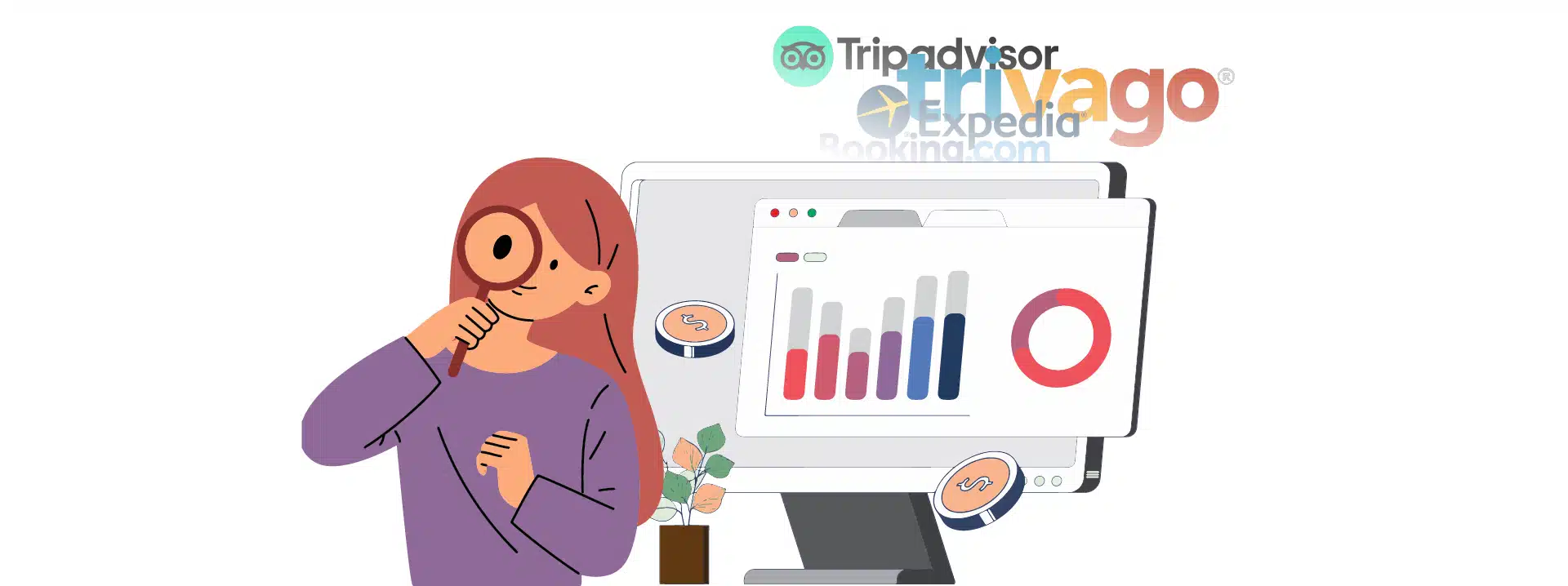No matter how much we may dream about the simplicity of the old times, there’s no denying that the world continues to move forward. An indispensable aspect of this onward trend is the internet.
For many of us, our online avatars are a medium to interact casually, share photos, and debate with people halfway across the world. However, for businesses like the hotel industry, their online presence is a vital part of marketing that brings them closer to their customers.
A website is the best weapon in the digital marketing arsenal of any hotel. However, for this aspect of the campaign to be successful, it should have the following essential features of every hotel website.
Booking Platform
The main point of building a hotel website is to attract more clients. Thus, a smoothly functioning booking platform is an unavoidable essential feature of every hotel website.
However, to gain the most from a booking portal, your web design must put it in the front and center of every page. This means a customer should be able to reach your booking page with just one click from anywhere on the website.
Additionally, the booking process should not take more than three or four clicks, requiring the customer to enter only the necessary information. Lastly, build a platform that accepts different modes of payment to make it convenient for every guest.
Customer Support
Customer Support is undoubtedly among the most important features of every hotel website. Whether a guest wants particular information or is facing an issue, they will first access your website.
Therefore, having a page with your contact telephone number, email, and address is fundamental. However, you can always go a step further and include a chat box.
There are three main advantages of having a chat box. First, it provides quick contact with someone on your team. Not only does this allow the guest to receive instant answers to their queries, but it can often lead to a direct booking. Additionally, since your customers might be in different parts of the world, they will likely find a chat box more cost-effective than a phone call.
Admittedly, having a 24X7 customer care operative is not viable for smaller hotels. In such a case, you can select an AI-powered chatbot that answers Frequently Asked Questions automatically and can assist customers in the right direction.
Appealing & Inviting
A hotel website should be inviting and appealing, just like your property. After all, it’s the first impression you’re giving, and many-a-time a customer bases their preference on how good or bad a website performs.
When working with a digital agency to create a hotel website, you must focus on a few elements that both business and leisure travelers desire. First, the web design should be easy-to-navigate with menus and a clear structure. To make your property more attractive, add visual media. This includes videos, aesthetically taken photos, and virtual tours that give guests an idea of the room’s detailed floor plan.
A website is also your chance to form a connection with your customer. To do so, write about your hotel’s history and share important facts about your neighborhood or city.
Having a blog is another brilliant idea. It encourages guests to revisit a space where you can update them with the latest hotel happenings and features. A blog further assists with the website’s SEO, helping it rank higher on search engines.
Lastly, try to have a separate page for any discounts and deals. Giving rewards, monetary or otherwise, is an excellent opportunity to get direct bookings and create loyal customers.
Responsive Across Platforms
Simply having a well-made website is sadly not the end of the road. Before using it for SEO and marketing purposes, you must make it responsive across different platforms.
It’s common knowledge now that a majority of people access the web through their mobile phones. The same holds when it comes to making travel reservations. Thus, your website needs to function seamlessly on every type and size of mobile screen.
In simpler terms, responsive web design is when a customer switches from a PC (large screen) to a mobile (small screen), and the website automatically converts the text, images, and resolution per the new device.
Speed
Speed might seem like a simple issue to tackle. In reality, though, it is a quintessential feature of every hotel website. Statistics show that if a website loads slowly, it results in overall customer dissatisfaction, a higher bounce rate, and a lower conversion rate. Moreover, a client is less likely to return to the website, which means you miss out on direct bookings.
Since many search engines are now going mobile-first regarding their listings, it is equally essential to have a website that loads quickly on mobile phones. Furthermore, when maintaining your website, remember that your clients are from different parts of the world and might not always have a fast network.
Now, there are several ways to speed up your website. But before we end this article, let’s look at some basic techniques to work on along with your digital agency;
- Image optimization, to keep visual content small in size so that it loads faster
- Remove old and unused media
- Minimize HTTP requests
- Install plugins like WP Rocket to defer larger files like Javascript
- Reduce redirects
- Optimize CSS delivery
- Choose the right web hosting service as per your website’s needs
Looking for a leading digital marketing agency to create and handle your hotel website? Click here to know more about ADIGITAL and our services.



